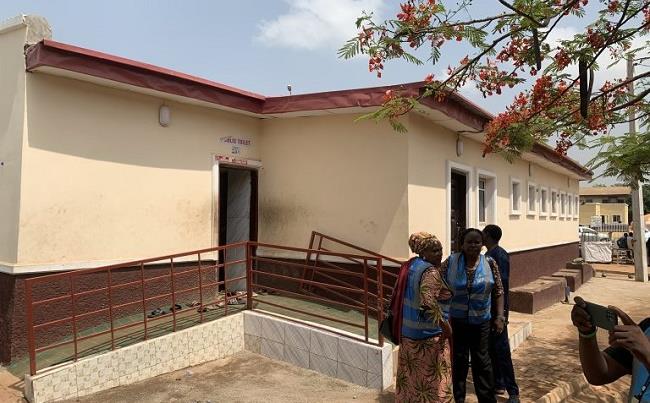The Executive Secretary, Pan-African Association of Sanitation Actors (PASA), Mr. Kitch Bawa, has urged African governments to make sanitation and hygiene top priority.
Speaking to Africa Media Practitioners virtually on Saturday, February 15, 2025, he outlined PASA’s ongoing initiatives in 25 countries to strengthen sanitation services.

He emphasised the need for better waste management systems across the continent.
He said: “We are committed to improving sanitation infrastructure and advocating training of sanitation and health workers.”
He announced the upcoming launch of PASA One City, One Fecal Sludge Treatment Plant (FSTP) Initiative.
This, he said, would be introduced in Kampala, Uganda, during the Mayors and Local Authorities Forum at the African Water and Sanitation Association (AFWASA) Congress on Feb. 18.
Bawa expressed concern over the mismanagement of fecal sludge treatment plants in several African countries, warning that inadequate facilities posed serious health risks to individuals and communities.
He emphasised the need for climate-resilient sanitation infrastructure to ensure long-term sustainability.
Addressing the issue of open defecation, he revealed alarming statistics that demonstrate the severity of the problem.
He, however, reassured that PASA is actively working to combat the challenge.
He said: “Our mission is to enhance public health and improve the quality of life in African communities. We call on the media to raise awareness about the importance of sanitation and hygiene in Africa’s development.”
Dr Simeon Kenfack, the Director of Programmes at AFWASA, stressed the need for stronger sanitation policies and oversight.
He stated that AFWASA is collaborating with multiple countries to improve sanitation services, citing Senegal as a model example.
He further revealed that the organisation is mentoring five other nations to adopt Senegal’s successful sanitation strategies.
He noted that “to amplify its impact, AFWASA has committed to partnering with media practitioners to drive awareness and advocacy.”
Kenfack acknowledged media’s vital role in influencing public policy and behaviour.
He said: “Journalists are key allies in sanitation advocacy, and we are eager to collaborate with them to improve conditions across Africa.”
The director said sanitation is a critical public health issue that demands immediate and sustained action, reaffirming AFWASA’s commitment to make this a reality.
“We are dedicated to tackling this issue and ensuring improved sanitation across the continent,” he added.
A WHO/UNICEF Joint Monitoring Programme for Water Supply, Sanitation and Hygiene (JMP), along with the UN-Water Global Analysis and Assessment of Sanitation and Drinking Water, reveals the poor state of sanitation in Africa.
A survey conducted across the 55 member states of the African Union between 2000 and 2022 revealed that only 31 per cent of the population had access to safely managed sanitation, while just 28 per cent had access to basic hygiene in 2022.
Alarmingly, 779 million people lack basic sanitation, including approximately 208 million who still practise open defecation.
By Tosin Kolade
